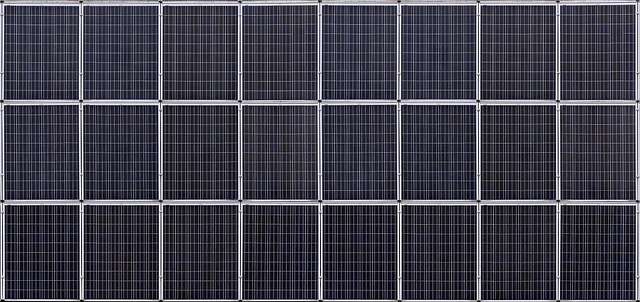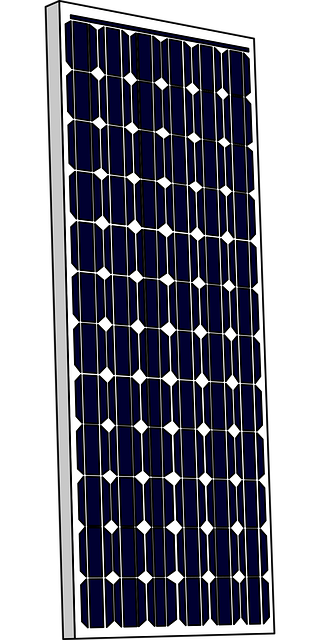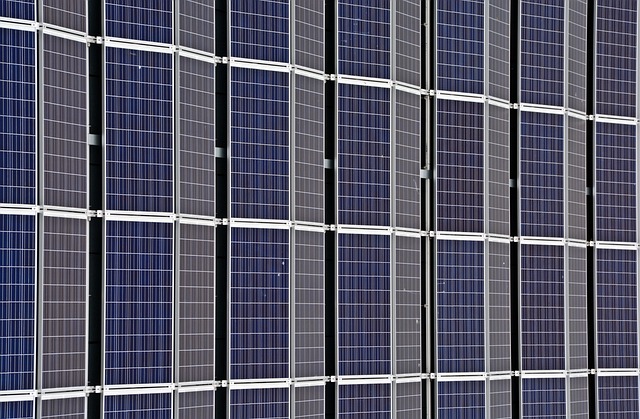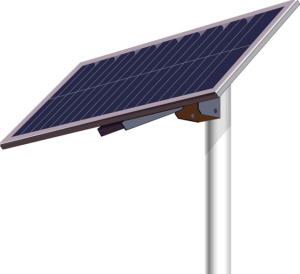Residential solar power offers homeowners a strategic investment to significantly reduce long-term energy expenses by producing local electricity and reducing reliance on the grid. The initial costs of installing solar panels are offset by various government incentives like the Investment Tax Credit (ITC), which is currently at 26% and will gradually decrease, along with state-specific programs that include cash rebates, performance-based incentives, and net metering policies. These incentives facilitate economic benefits, often resulting in a return on investment within 5 to 10 years, followed by pure savings. Solar technology advancements continue to improve system efficiency and longevity, ensuring sustained energy savings and environmental sustainability. Homes with solar panels not only enjoy lower utility costs but also tend to appreciate in value, making them more attractive to buyers interested in sustainable living. The integration of Renewable Energy Certificates (RECs) further enriches the economic value by providing an additional income stream from the sale of these certificates. This dual benefit underscores solar power's role in fostering a cleaner and more resilient energy system, encouraging its nationwide adoption.
Exploring the economic advantages of residential solar power reveals a compelling narrative for homeowners seeking both financial gains and environmental stewardship. This article illuminates the top three economic benefits, highlighting how harnessing solar energy not only maximizes savings through long-term cost reductions but also enhances property value upon installing solar panels. Furthermore, it delves into the path to energy independence and security that solar power offers. Homeowners are also informed about the various incentives available at federal and state levels, which further sweeten the transition to solar. Additionally, the concept of Renewable Energy Credits (RECs) is explained to clarify their role in augmenting the economic edge of adopting solar energy for households across the nation.
- Maximizing Savings: Long-Term Cost Reductions with Residential Solar Power
- Boosting Property Value with the Installation of Solar Panels
- Energy Independence and Security through Residential Solar Power
- Federal and State Incentives for Homeowners Adopting Solar Energy
- The Role of Renewable Energy Credits (RECs) in Enhancing the Economic Advantages of Solar Power
Maximizing Savings: Long-Term Cost Reductions with Residential Solar Power

Residential solar power presents a multifaceted approach to maximizing savings over the long term, offering homeowners significant reductions in energy costs. By harnessing the sun’s natural energy through photovoltaic panels, households can generate electricity on-site, reducing their reliance on utility grids and the variable rates that come with them. The initial investment in solar power systems is offset by government incentives and rebates, which vary depending on location but are designed to encourage sustainable energy practices. Over time, the savings accumulated from not purchasing electricity from the grid can be substantial, often resulting in a payback period of 5 to 10 years, after which the savings become purely profitable. Furthermore, as solar technology continues to advance and costs decrease, the efficiency and longevity of residential solar power systems enhance their economic benefits, ensuring that homeowners can continue to reap the rewards of clean, renewable energy for decades. Homeowners with solar panels not only contribute to a reduction in greenhouse gas emissions but also play a proactive role in managing their energy expenses, making solar power an economically sound choice for those looking to secure their long-term energy savings.
Boosting Property Value with the Installation of Solar Panels

Incorporating solar power systems into residential properties not only contributes to sustainable energy practices but also significantly enhances property value. Homeowners who invest in solar panels can see a substantial return on their investment when it comes time to sell, as potential buyers are increasingly attracted to homes with pre-installed solar setups. The addition of solar power represents a modernization of the home, aligning with the growing consumer interest in energy efficiency and environmental responsibility. Studies have shown that houses equipped with solar panels can see their value increase by several thousand dollars, often at a rate higher than the cost of the system itself. This appreciation is driven by the tangible benefits solar panels offer, such as reduced electricity bills and the potential for net metering credits, which further sweeten the deal for prospective buyers. As the real estate market evolves, properties with solar installations are becoming more coveted, reflecting a clear trend towards valuing homes that are equipped to harness the power of the sun and contribute to a greener future.
Energy Independence and Security through Residential Solar Power

Residential solar power represents a significant stride towards energy independence and security for homeowners. By harnessing the sun’s abundant and consistent energy, homes equipped with solar panels can generate electricity locally, reducing reliance on centralized power grids that are often subject to external factors such as market volatility, geopolitical tensions, and infrastructure vulnerabilities. This self-reliance not only mitigates the risks associated with a centralized energy system but also empowers homeowners with control over their energy consumption and costs. The installation of solar panels allows for predictable energy expenses, as opposed to fluctuating utility rates, fostering a more financially stable environment. Moreover, the shift towards solar power contributes to a diversified energy portfolio, which is crucial for a resilient energy system. As more households adopt solar power, the collective impact can significantly decrease the demand for fossil fuels, enhancing both national and individual security in terms of energy supply. The economic benefits of residential solar power extend beyond immediate cost savings; they offer a long-term strategy for sustainable energy management that insulates homeowners from external energy market shocks and promotes a more secure and independent energy future.
Federal and State Incentives for Homeowners Adopting Solar Energy

Solar power offers homeowners significant economic advantages, which are further amplified by federal and state incentives designed to encourage the adoption of solar energy. At the federal level, the Investment Tax Credit (ITC) stands as a cornerstone incentive. Initially at 30%, this credit has facilitated substantial savings for many homeowners who install solar panels. The ITC continues to be a pivotal financial boost, gradually stepping down to 26% in 2022, 22% in 2023, and finally 2025 onwards. This downward adjustment incentivizes early adoption while providing a sustained benefit for residential solar power investment.
In addition to the federal ITC, state-level initiatives further sweeten the deal for homeowners considering solar installations. These can include performance-based incentives (PBIs), renewable energy certificates (RECs), and property tax exemptions or reductions. Some states offer cash rebates, which directly lower the upfront costs of solar panel systems. Others have net metering policies that allow homeowners to receive credit on their electricity bills for excess energy produced by their solar arrays. These state-specific incentives can vary widely, reflecting regional priorities and the diversity of the United States’ approach to renewable energy adoption. Homeowners looking to leverage these economic benefits should research the specific incentives available in their state to maximize the financial advantages of transitioning to solar power.
The Role of Renewable Energy Credits (RECs) in Enhancing the Economic Advantages of Solar Power

Solar power presents a suite of economic advantages for homeowners, which are further amplified by the strategic use of Renewable Energy Certificates (RECs). RECs serve as a financial tool that complements the installation and operation of solar panels by allowing solar energy system owners to benefit from both the clean energy they produce and the environmental attributes associated with it. Each REC represents the environmental benefits of one megawatt-hour (MWh) of renewable electricity generated and delivered to the power grid, effectively making them a market mechanism for the environmental value of renewable energy.
For residential solar power users, RECs can be sold on open markets or traded within regulated markets that operate under state and federal regulations. This creates an additional revenue stream that compensates for the initial investment in solar panel systems. The sale of RECs not only offsets the cost of installation but also contributes to a predictable return over the life of the solar power system, making it a more economically viable choice compared to traditional energy sources. As states and utilities increasingly adopt renewable portfolio standards (RPS), the demand for RECs is expected to rise, potentially leading to higher returns for residential solar power users who are producing excess energy. This market-driven incentive plays a pivotal role in accelerating the adoption of solar power by enhancing its economic benefits, thus contributing to a more sustainable and resilient energy future.
Residential solar power presents a multifaceted advantage for homeowners, offering not just a sustainable energy solution but also substantial economic benefits. By maximizing savings through long-term cost reductions and enhancing property value upon installation, solar power stands as an attractive investment. The pursuit of energy independence and security further cements its role in empowering households. Complementing these advantages are the various financial incentives at both federal and state levels, which support and encourage the adoption of this clean energy source. Additionally, Renewable Energy Credits (RECs) serve as a valuable complement to the economic value of solar power, underscoring its position as a wise choice for those looking to capitalize on the future of energy.
